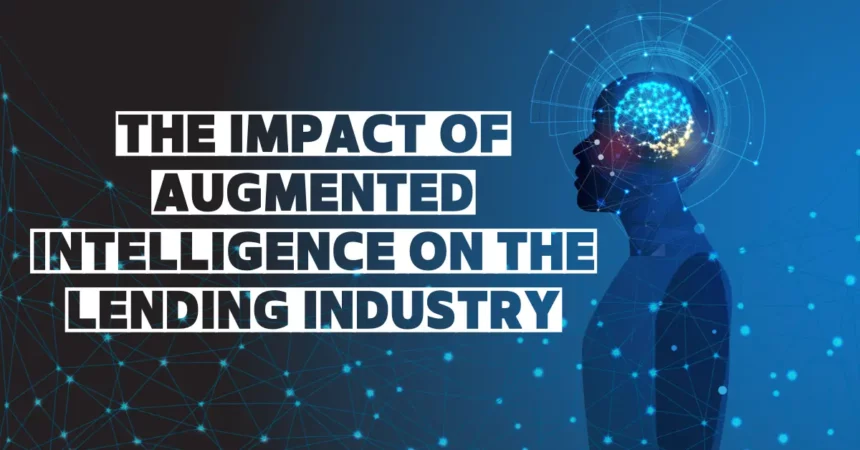The rapid adoption of online tools and mobile apps for everyday tasks has dramatically increased the need for technical innovation in financial services. Artificial intelligence (AI) and machine learning (ML) have become increasingly important for lenders and fintech companies looking to improve access to credit and provide a better customer experience.
In this article, we examine the Impact of Augmented Intelligence on the Lending Industry and how it can be used across the entire customer life cycle to lower friction and lead to more successful outcomes for borrowers.
One key difference between ML and AI is that ML focuses on learning, while AI focuses on decision-making. Augmented intelligence, which combines the benefits of both technologies, can increase efficiency and effectiveness in the Lending Industry. It can also help lenders look beyond a credit score and identify data patterns that can help establish character and repayment capability.
AI can be deployed in the Lending Industry to support the application process, provide proactive customer support, and predict answers to frequently asked customer questions. It can help inexperienced borrowers and empower lenders to reach subprime consumers and meet their unique needs, leading to the Impact of Augmented Intelligence on the Lending Industry.
In conclusion, when AI is used correctly to augment rather than replace good lending practices, it can support fairer outcomes and improve the financial well-being of borrowers in the Lending Industry. The goal of any lender should be to help the customer be successful, and AI provides the means to achieve this end with the Impact of Augmented Intelligence on the Lending Industry.









